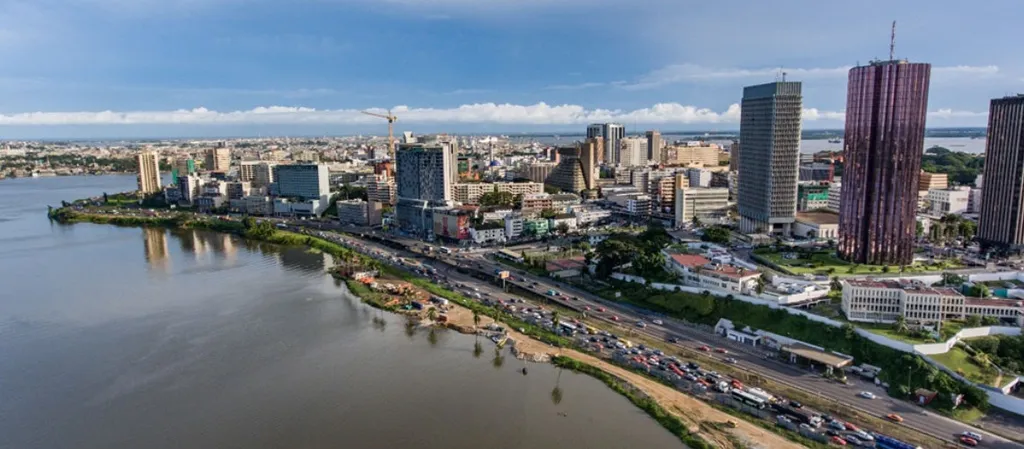In Côte d’Ivoire, where agriculture is the backbone of the economy, accounting for 30% of the GDP and employing half of the population, farmers are facing significant challenges. The global ripple effects of conflicts, natural disasters, and pandemics have led to a sharp rise in the prices of essential agricultural inputs like seeds and fertilizers. Many farmers, already operating on thin margins, have struggled to procure these necessary materials, threatening food security and livelihoods.
In response to this crisis, the Japan International Cooperation Agency (JICA) and the African Development Bank have stepped in, providing loan aid to the Government of Côte d’Ivoire under a co-financing arrangement focused on “emergency food security.” This financial support, channeled through the Ministry of Agriculture, aims to facilitate the smooth distribution of agricultural inputs and boost production through digitalization.
At the heart of this initiative are two services provided by NEC: “e-Voucher” and the agricultural ICT platform “CropScope.” The e-Voucher system is designed to streamline the distribution of subsidies, ensuring that farmers receive the support they need efficiently and transparently. Meanwhile, CropScope offers a comprehensive digital platform for agricultural management, enabling farmers to access vital information, monitor crops, and optimize production.
A key innovation in this project is the use of unique IDs assigned to each farmer. This centralized management system allows for better tracking and coordination of services, ensuring that support reaches those who need it most. By leveraging digital technologies, the project aims to enhance the resilience of Côte d’Ivoire’s agricultural sector, ultimately contributing to food security and economic stability.
The implications of this initiative are far-reaching. By addressing the immediate challenges of input procurement and distribution, the project provides a lifeline to farmers struggling with rising costs. Moreover, the digitalization of agricultural practices holds the potential to transform the sector in the long term, improving productivity, sustainability, and adaptability to future shocks.
As Côte d’Ivoire continues to grapple with the impacts of global crises, this collaborative effort between international organizations, the government, and private sector actors offers a beacon of hope. It underscores the power of innovation and cooperation in building a more resilient and food-secure future for the country’s farmers and its people.

